Russia's low-intensity conflict with Ukraine may be about to heat up. Half a world away, China may use any distraction it can get to invade Taiwan.
First, Some Background
While Russia and Ukraine have the same origin story, belonging to a loose federation of Slavic peoples, their identities diverged after the Mongol conquest of Eastern Europe.
The northern Rus' provinces, spared from the worst of the invasion, united to form the Grand Duchy of Moscow. For much of the past 700 years, the Russian Empire, Soviet Union and Russian Federation have bullied Ukraine. All the while, authorities have consistently imposed harsh measures intended to Russify its people.
Since 2014, both countries have participated in the Russo-Ukrainian War. Instigated by Russian President Vladimir Putin, Russian forces annexed the Crimean Peninsula. After 23 years, the crucial Sevastopol Naval Base fell under Russian control once again. Still unsatisfied, Russian proxy groups fomented violence in Ukraine's coal-rich Donets Basin. Today, pro-Russian insurgents control a large swath of Luhansk and Donetsk oblasts. Now, high-resolution satellite imagery confirms Russian military forces are massing troops and equipment (including heavy armor and electronic warfare systems) near the Ukraine border. Among the units involved in the saber-rattling is the vaunted 1st Guards Tank Army.
Will Putin Blink?
Despite the international sanctions imposed on Russia since the conflict began (which directly led to the country's financial crisis), Putin has remained undeterred.
U.S. Secretary of State Antony Blinken flew to Eastern Europe on Monday and confirmed at a NATO meeting in Riga today that Russia may launch “significant aggressive moves” against Ukraine. Although he added that the United States “will be prepared to act” if Putin does. In Washington, the White House feverishly reviews its options, from providing Kyiv with more military aid to imposing new sanctions against Russia.
WATCH:
The U.S. and its NATO allies are warning of ‘serious consequences' if Russia intervenes in the war in Ukraine https://t.co/pEJsvNJbey pic.twitter.com/JFEJfKlzVh
— Reuters (@Reuters) November 30, 2021
Per The Washington Post:
The deliberations come as President Biden and his aides prepare for a virtual call with Putin next month, a moment that analysts see as an opportunity to signal the costs of an invasion to the Kremlin but also present a path for reducing tension.
A New Test for the Biden Administration
Outwardly at least, Putin hasn't shown any concern about the latest warnings from the Biden administration. After leaving Riga, Blinken will attend a conference in Sweden. Russia's Foreign Minister Sergey Lavrov will be in attendance as well.
The U.S. State Department and Russian Foreign Ministry have arranged a meeting between their countries' top diplomats.
Yet earlier today, the Russian Foreign Ministry announced it was expelling U.S. embassy staff in Moscow.
Despite attempts to thaw tensions, the White House and Kremlin haven't reset their relationship. Arguably worse, Western Europe and the United States seem to be divided on how to deal with a resurgent Russia.
“There has never been a more propitious moment for Putin if he wants to invade Ukraine,” said Fiona Hill, who served as a top Russia adviser in the Trump administration.
Meanwhile, Invasion Fears Loom Half a World Away
Sensing weakness, America's enemies all over are lining up to put Biden to the test.
Since the collapse of the Republic of China in 1949, Beijing has viewed Taiwan (where the exiled Nationalist forces fled) as nothing more than a rogue province.
For decades, communist China has sought unification with Taiwan. At times, it has flirted with using overwhelming military force to subdue the island nation. Although tensions in the Taiwanese Straight are nothing new, China's Air Force and Navy have used grey zone tactics to wear down Taiwan's defensive capabilities with increasing regularity. Despite our regional allies, like Japan, warning Beijing that an invasion would be “economic suicide,” there's a growing consensus that Chinese President Xi Jinping may roll the dice anyway.
WATCH:
"Taiwan emergency is Japanese emergency"
— WION (@WIONews) December 1, 2021
Former Japanese prime minister @AbeShinzo says if China attacks Taiwan, Japan and the United States will not stand by. China has strongly opposed Abe's comments. @PriyankaSh25 brings you this report
Watch more: https://t.co/AXC5qRcEPB pic.twitter.com/5e1OuKoeHk
David Keene, an expert on Taiwan-China relations and friend of Taiwan's democratic republic since the days of Chiang Kai-shek, was blunt in his assessment of the situation, telling American Liberty News that “The world has come to the conclusion that Biden's United States is a paper tiger.”
Other reliable sources have echoed the same sentiments.
In March, the outgoing commander of United States Indo-Pacific Command told members of the Senate that China posed a clear danger to invading Taiwan “in the next six years.”
U.S. News & World Report reports:
The Chinese military has now or will soon have the ability to invade Taiwan, a U.S. government agency has concluded, documenting also failed attempts by China and the U.S. to better understand one another's intentions.
The People's Liberation Army, China's name for its military, is capable of landing at least 25,000 troops on the island nation to establish an initial beachhead, according to the newly released annual report from the U.S.-China Economic and Security Review Commission, a congressionally appointed agency designed to provide specific and nonpartisan national security and economic advice to Congress and the president.
Former Sen. Jim Talent (R-Mo.) told journalists following this year's report that “[China's] giving all the signs this is an option they're considering to be viable.”
Meanwhile, former President Donald Trump recently told British commentator and ex-politician Nigel Farage that he expects China to move against Taiwan after the 2022 Olympics.
Reflecting on the rapidly deteriorating situation, Taiwan expert David Keene added that America's enemies have “an opportunity to take advantage of the power vacuum to take what they want.” He continued, “Even so, it is unlikely that Putin would aggravate his security situation by geographically surrounding himself with adversaries by invading Ukraine. Barring a crossing of a red line—like admitting Ukraine to NATO, Putin is more likely to posture. China, on the other hand, is far more likely to do what they can to take Taiwan.”




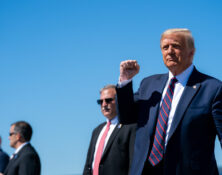









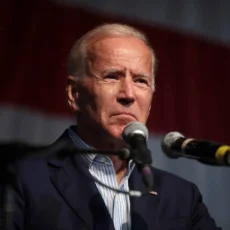
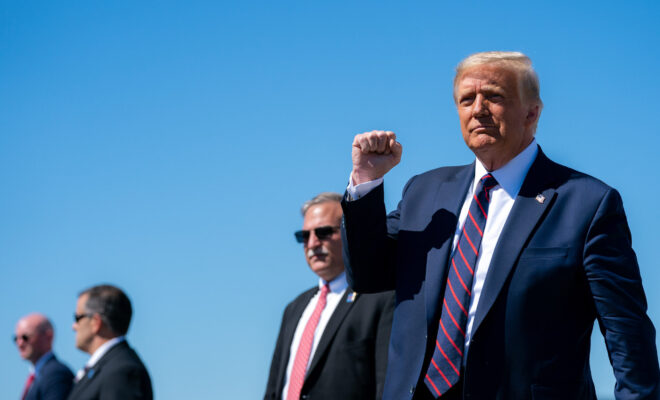

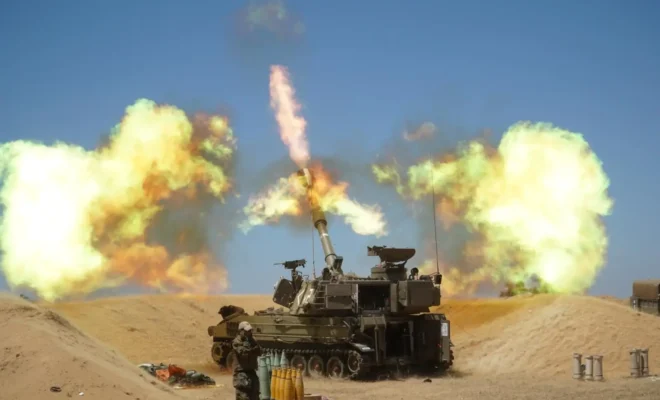
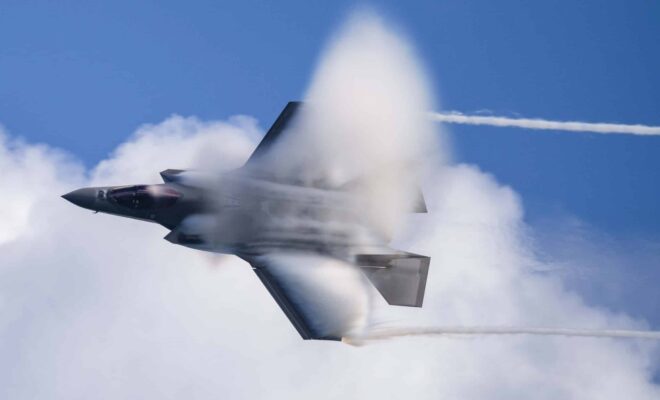



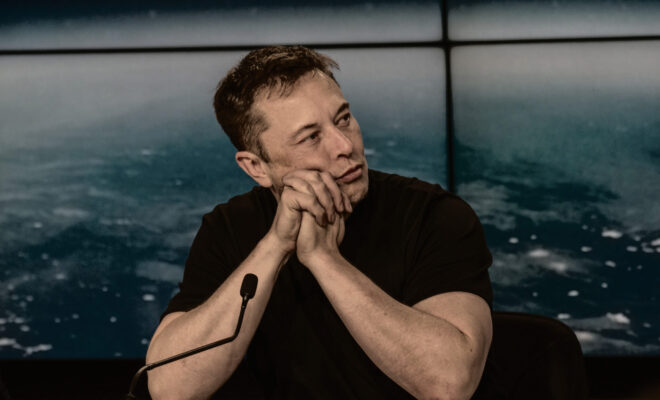
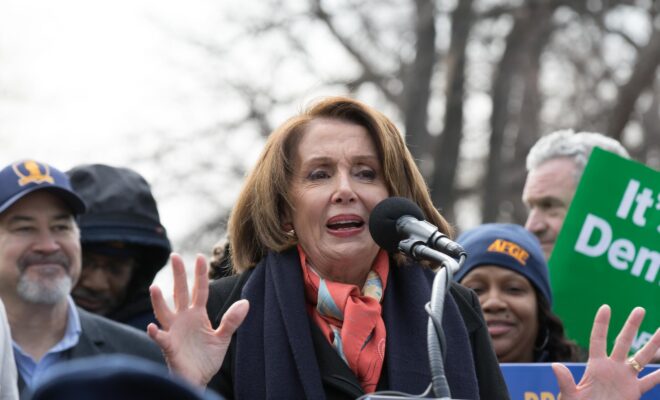


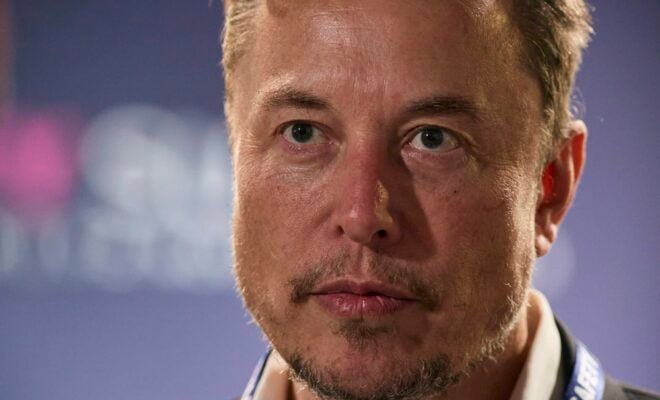
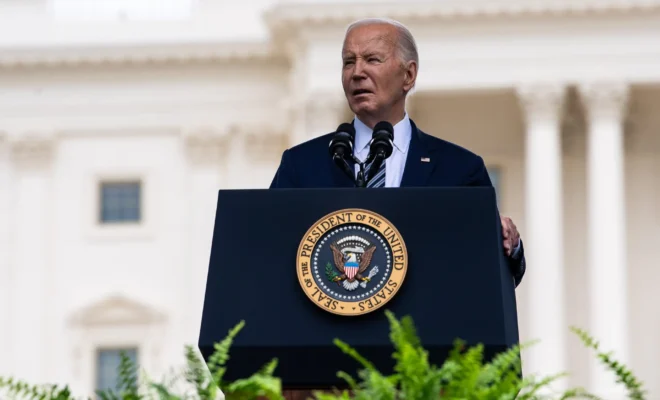

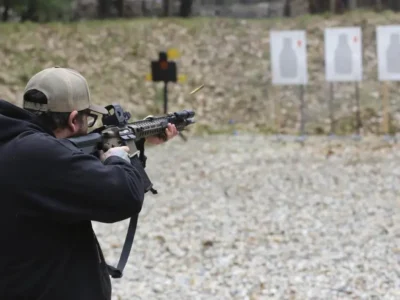




Quick answer, no. Illegitimate president, Mille and Austin totally incompetent.